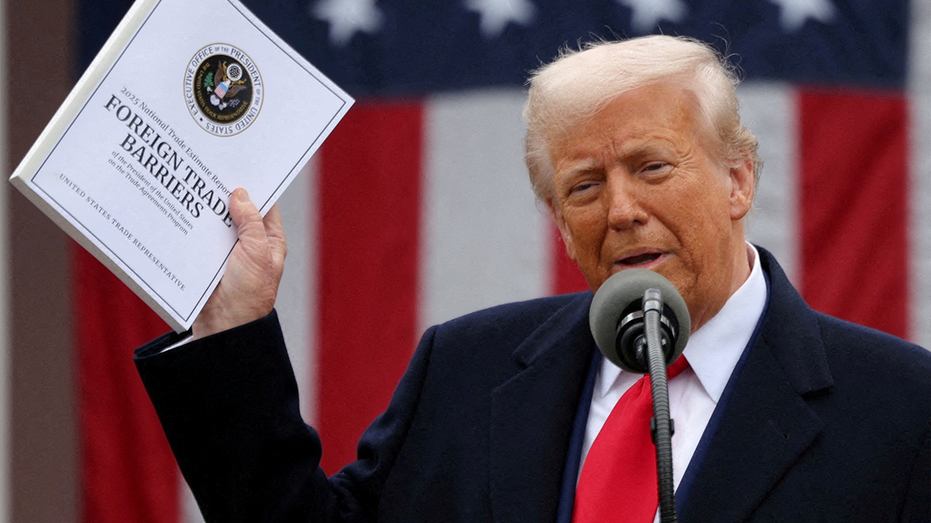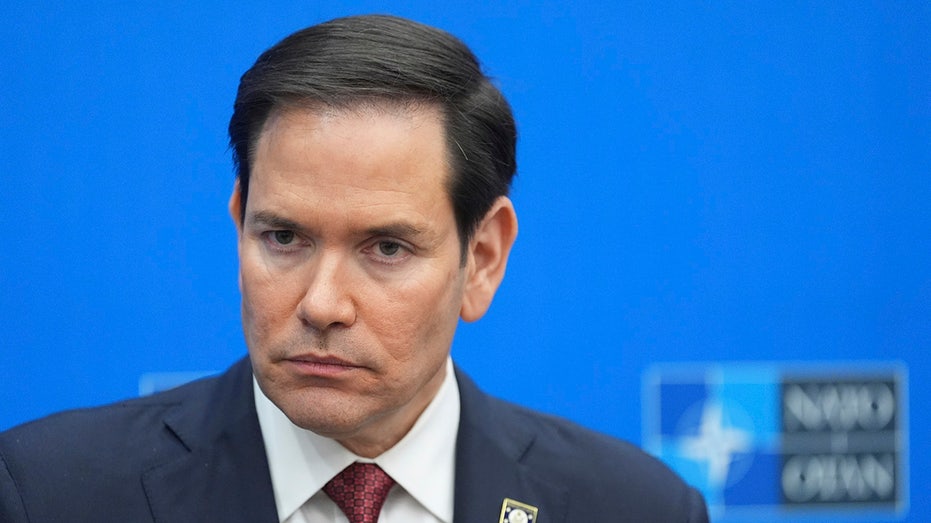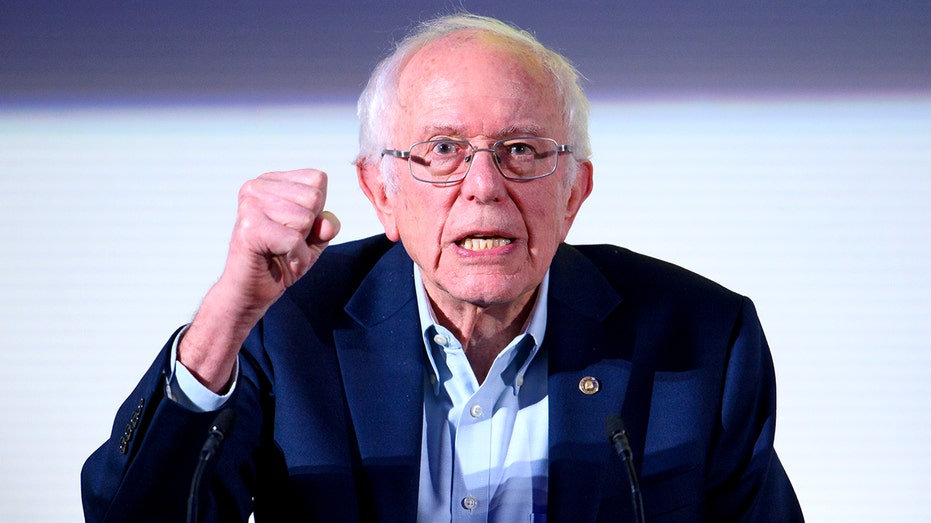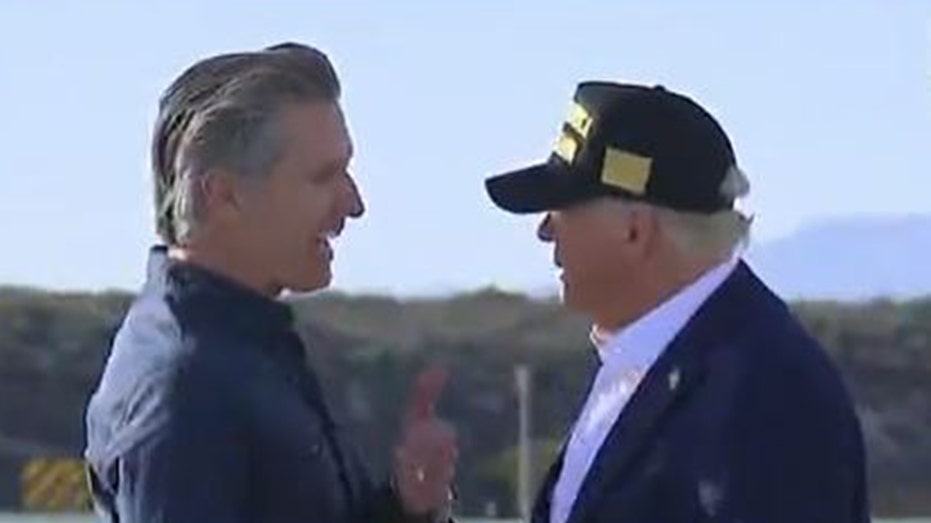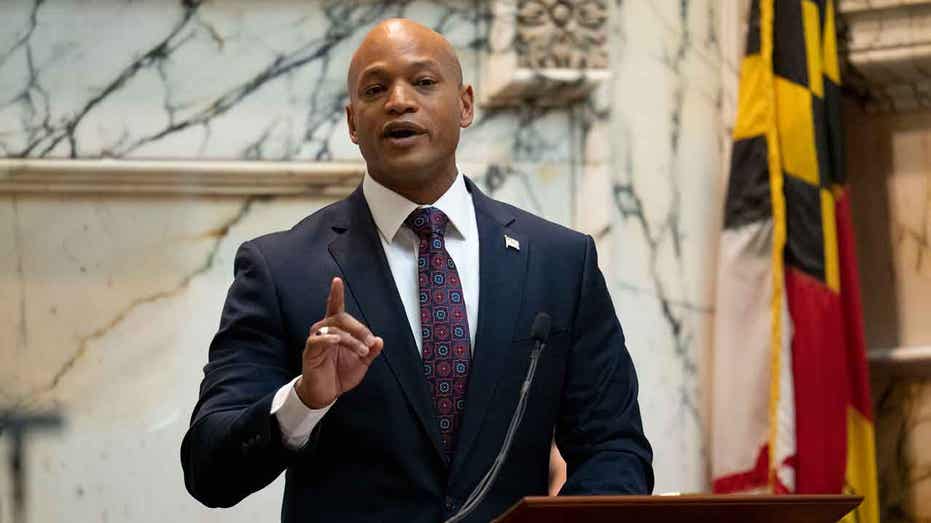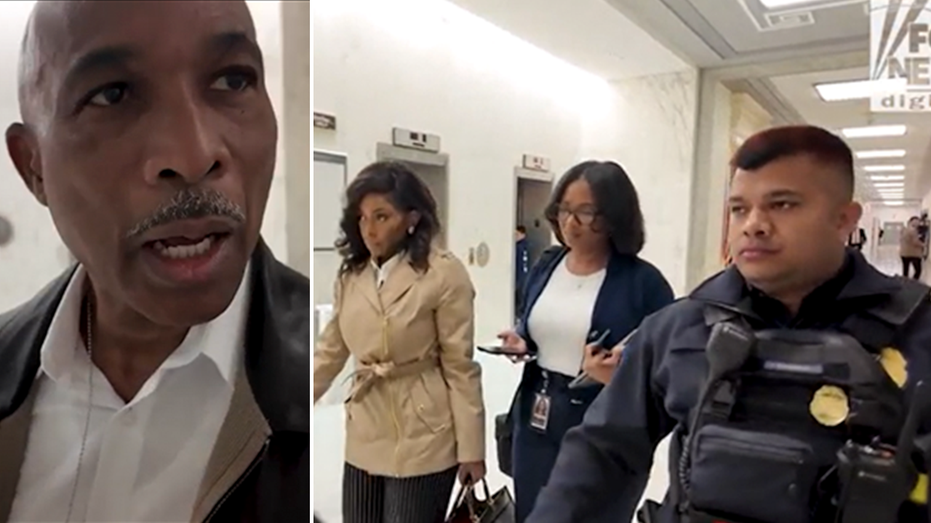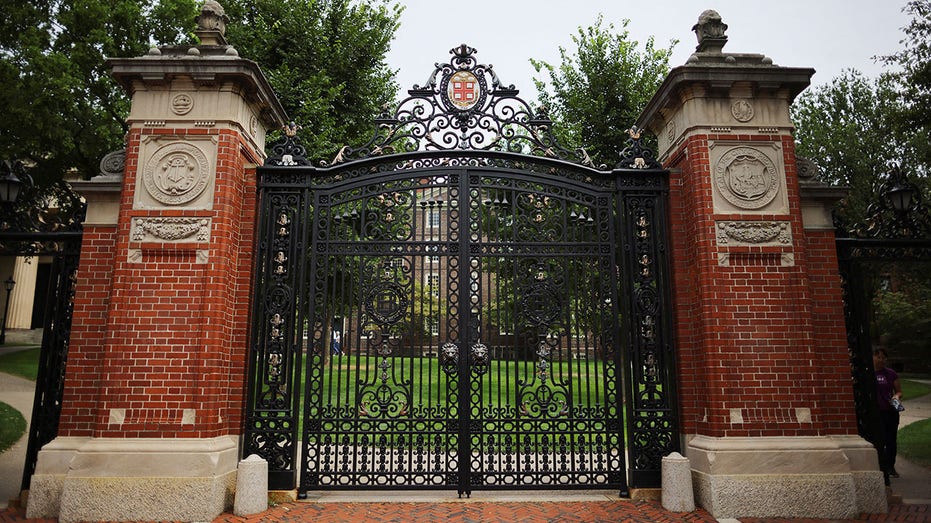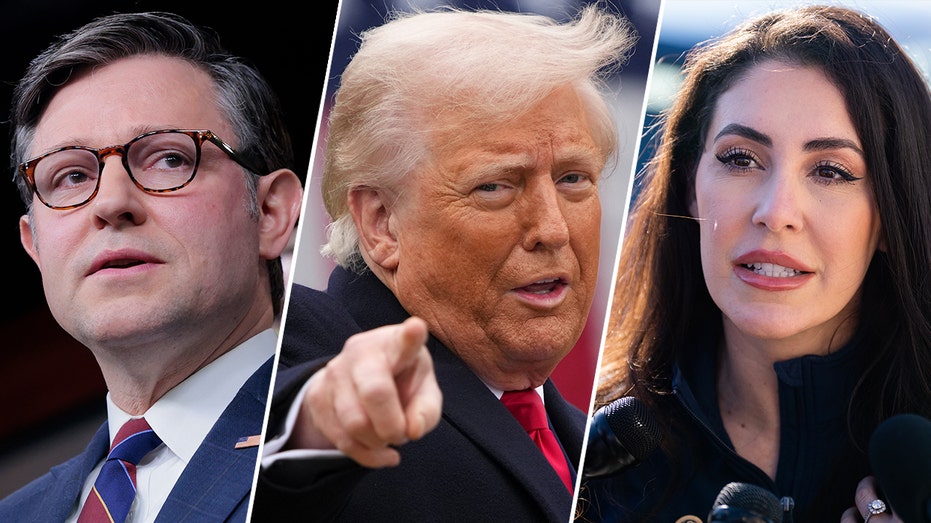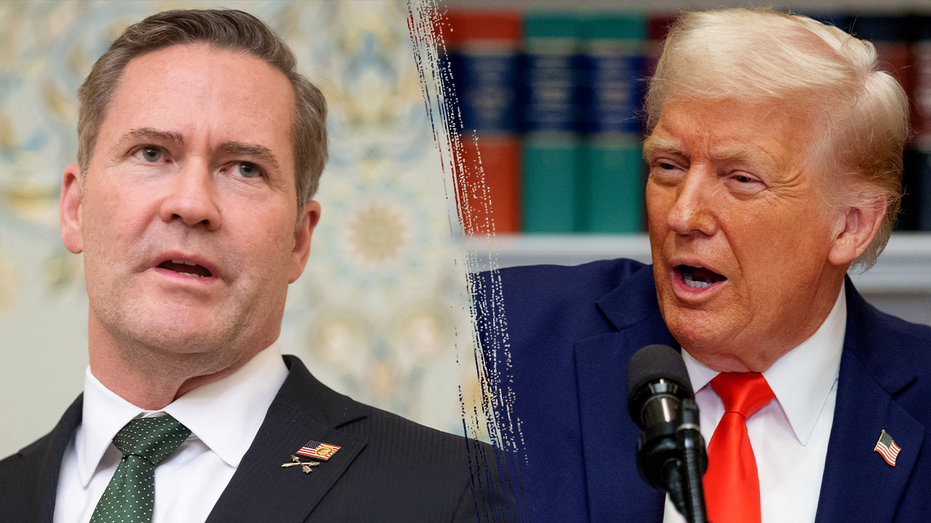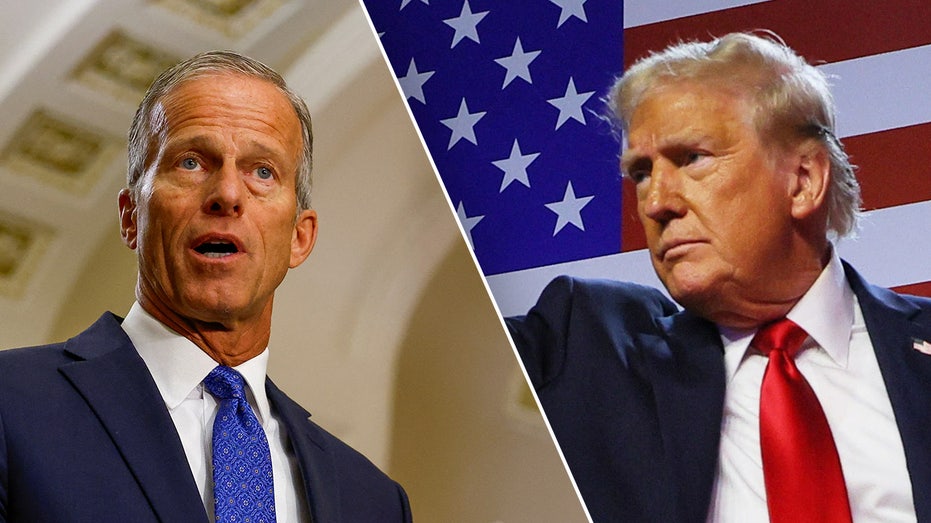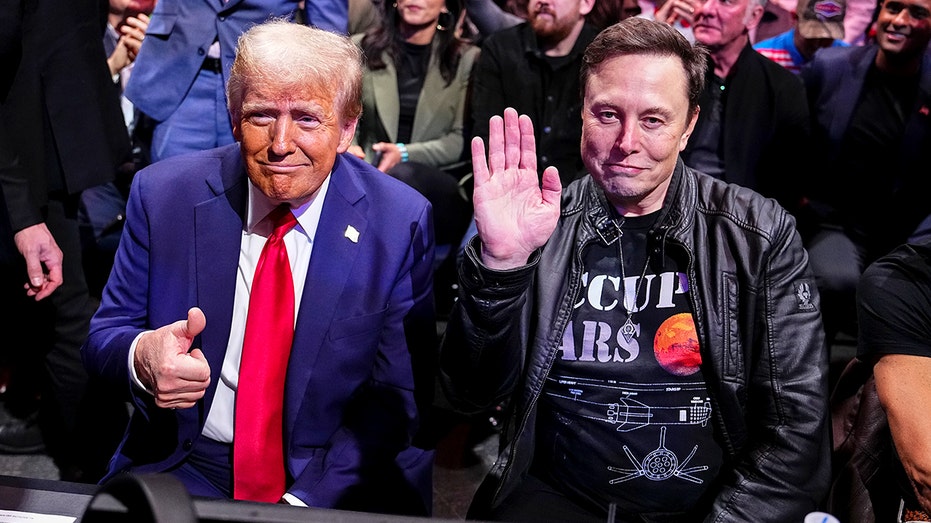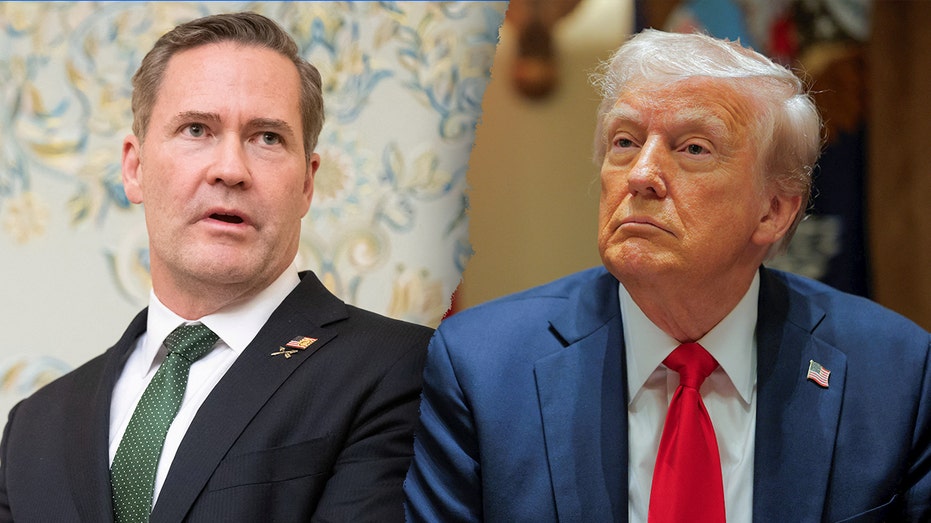How we got to Liberation Day: A look at Trump’s past comments on tariffs
For decades, President Donald Trump has remained a staunch advocate for tariffs — routinely declaring the word one of the most beautiful in the dictionary and regularly accusing foreign countries of ripping off the U.S.
Following through on 2024 campaign promises and building upon policies his first administration introduced, Trump unveiled a series of historic tariffs at the White House’s Rose Garden on Wednesday for a "Make America Wealthy Again" event as part of a day his administration dubbed "Liberation Day" for the U.S.
While some lawmakers on both sides of the aisle have voiced concern over the policy, tariffs are an area where Trump’s views have remained incredibly consistent over the years, as he has routinely decried that other countries have treated the U.S. unfairly in trade deals.
For example, Trump wrote in his 2011 book, "Time to Get Tough: Making America #1 Again!" that he backed a solid 20% tariff on all foreign items imported into the U.S. and singled out China as a high offender.
"I want foreign countries to finally start forking over cash in order to have access to our markets," Trump wrote in the book, according to an excerpt. "So here’s the deal: any foreign country shipping goods into the United States pays a 20 percent tax. If they want a piece of the American market, they’re going to pay for it. No more free admission into the biggest show in town — and that especially includes China."
HERE'S A CLOSER LOOK AT TRUMP'S TARIFF PLAN: WHAT TO KNOW ABOUT THE NEW DUTIES
Trump also boasted about the benefits of tariffs during his campaign in the election for his first run at president, when he outlined his trade priorities during a June 2016 Pennsylvania speech.
"Our original Constitution did not even have an income tax," Trump said at the event. "Instead, it had tariffs emphasizing taxation of foreign, not domestic, production. Yet today, 240 years after the Revolution, we've turned things completely upside down.
"We tax and regulate and restrict our companies to death, and then we allow foreign countries that cheat to export their goods to us tax-free," Trump said. "How stupid is this? How could it happen? How stupid is this. As a result, we have become more dependent on foreign countries than ever before. Ladies and gentlemen, it is time to declare our economic independence once again."
Following Trump’s victory in the 2016 election, Trump moved to impose a series of tariffs on countries and various products, including 25% duties on steel and 10% duties on aluminum from most countries, and others targeting China. In response to these tariffs, China issued its own retaliatory tariffs that cost the U.S. federal government billions of dollars in government aid to farmers who suffered financial losses due to the retaliation on their agricultural exports.
Critiques of other countries' trade practices have continued into Trump’s second administration, and he has routinely blamed them for allegedly engaging in unfair trade practices against the U.S.
He also argues that tariffs will help return manufacturing jobs to the U.S. As a result, he and his administration have called for employing tariffs to address the nation’s 2024 record $1.2 trillion trade deficit.
TRUMP TOUTS RETURN OF ‘AMERICAN DREAM’ IN HISTORIC TARIFF ANNOUNCEMENT
"For decades, our country has been looted, pillaged, raped and plundered by nations near and far, both friend and foe alike," Trump said Wednesday.
Earlier in 2025, the Trump administration imposed up to 25% tariffs on certain goods from Mexico and Canada, as well as a 20% tariff on shipments from China. The White House said that tariffs already imposed on Canada and Mexico will remain in place; however, new tariffs on China will be added on top of existing duties on Beijing.
Tariffs function as a tax that governments collect on foreign goods and services that manufacturers import, and are collected while undergoing customs clearance in foreign ports, according to the International Trade Administration.
The new tariff plan sets out a baseline duty of 10% on imports to the U.S., while customized tariffs are set for countries, like China, which have higher duties in place on American goods.
"If you want your tariff rate to be zero, then you build your product right here in America," Trump said Wednesday at the White House.
The tariffs are slated to impact a variety of goods, including electronics like iPhones that are predominantly manufactured in China, according to the Council on Foreign Relations. They are also expected to hit goods like wine and other alcohols originating from European Union countries like Italy.
Both parties in Congress have voiced opposition to the new tariffs and have warned that the tariffs will raise prices for American consumers.
For countries considering implementing their own tariffs against U.S. products in retaliation, Treasury Secretary Scott Bessent issued a simple message: "Don’t."
"My advice to every country right now: Do not retaliate," Bessent said in a Wednesday interview with Fox News Wednesday. "If you retaliate, there will be escalation."

